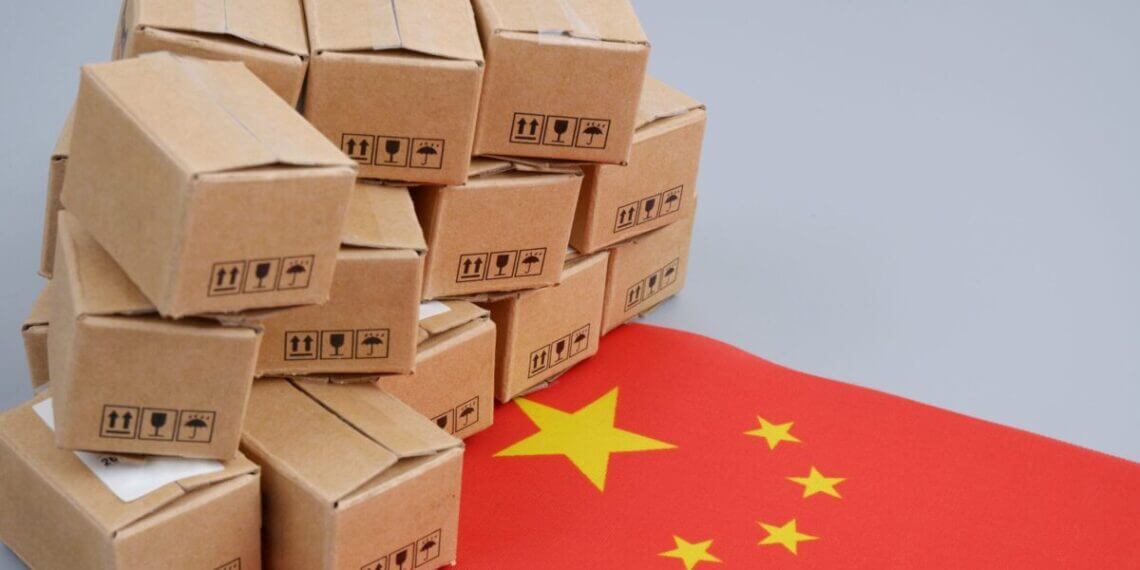The Trump administration’s decision to end the de minimis exemption for Chinese imports valued under $800 will result in higher prices and longer delivery times for American consumers. The rule enabled duty-free entry for 4 million daily parcels which mostly came from China and generated $66 billion in 2023 exports according to the Congressional Research Service. The termination of this rule together with Trump’s 145% China tariffs which China responded to with 125% tariffs creates a trade war between the U.S. and China and disrupts e-commerce operations.
The requirement for customs declarations and duties payment leads to increased costs for shoppers. The online stores Temu and Shein display “import charges” that increase prices by doubling them and they also show tariffs during the checkout process. Amazon stated it would not show tariff costs following White House feedback. The U.S. Postal Service will impose either 120% tariffs or a $100-$200 flat fee on parcels according to U.S. Customs and Border Protection which may result in delivery delays.
John Curry from HAPARI International and other businesses that depend on the exemption must now make difficult decisions. Curry decided to pay 145% duties on each parcel while waiting for a possible U.S.-China agreement. According to Portless’s Izzy Rosenzweig the policy change will lead to either increased prices or domestic warehousing requirements for companies with thin profit margins. U.S. manufacturers such as bike dealers and flag makers anticipate an increase in their sales performance. The Flag Manufacturers Association observed a 25-35% decrease in sales because of inexpensive Chinese imports and bike dealers identify safety problems with low-cost alternatives. The new policy seeks to create fairness between businesses but it disrupts current e-commerce operations.










